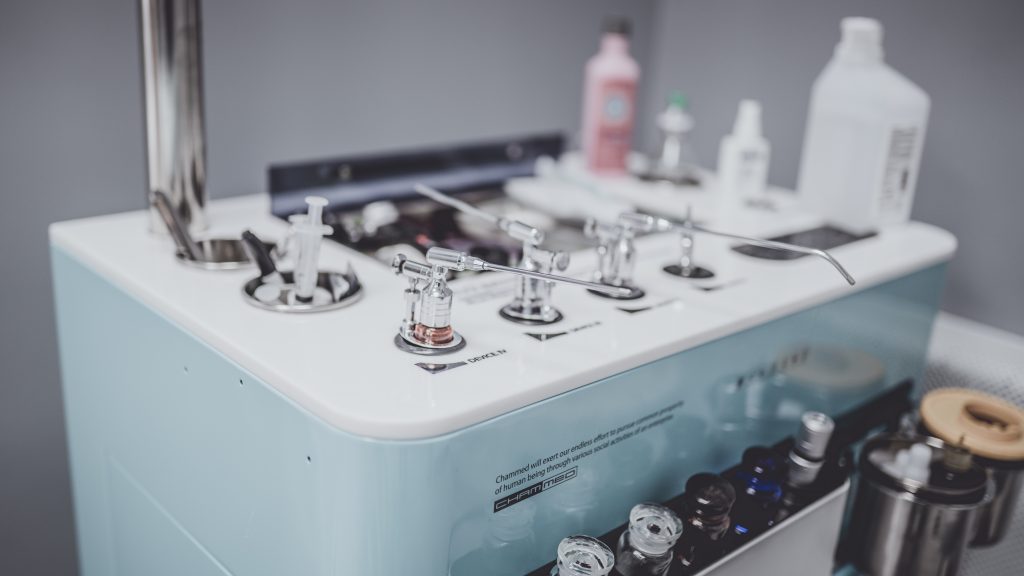 When you are injured or ill and need treatment, you turn to a hospital and put your trust in the doctors and healthcare providers at that hospital. Normally, healthcare providers are diligent and provide top-notch care, however, occasionally a hospital fails to live up to the trust given to them by the patient. When this occurs, the Louisiana Medical Malpractice Act (“MMA”) protects the patient. Nonetheless, there are cases in which it is disputed whether or not the incident falls under the MMA – for example is the failure to clean surgical instruments an incident of malpractice? The Supreme Court of Louisiana recently decided such a case from the Parish of East Baton Rouge and upheld that the MMA is a wide umbrella that covers various types of claims.
When you are injured or ill and need treatment, you turn to a hospital and put your trust in the doctors and healthcare providers at that hospital. Normally, healthcare providers are diligent and provide top-notch care, however, occasionally a hospital fails to live up to the trust given to them by the patient. When this occurs, the Louisiana Medical Malpractice Act (“MMA”) protects the patient. Nonetheless, there are cases in which it is disputed whether or not the incident falls under the MMA – for example is the failure to clean surgical instruments an incident of malpractice? The Supreme Court of Louisiana recently decided such a case from the Parish of East Baton Rouge and upheld that the MMA is a wide umbrella that covers various types of claims.
On April 14, 2014, Richard Dupuy went to the Spine Hospital of Louisiana for a spine surgery. Following the operation, Dupuy developed a post-operative infection called osteomyelitis caused by mycobacterium fortuitum. Dupuy and his wife allege that he received this infection because the hospital failed to sterilize or clean surgical instruments properly and thoroughly. As a result, Dupuy and his wife sued the hospital for Richard Dupuy’s medical expenses, pain and suffering, mental anguish, loss of earnings capacity, disability, and loss of enjoyment of life. They also sued the hospital seeking damages for Mrs. Dupuy for she maintains a loss of society, support, and companionship.
The Hospital responded by filing an exception of prematurity (meaning the case had not evolved enough to need the court to step in) and asserting that the Dupuy’s have incorrectly gone about the situation. In support of this defense the hospital cites La. R.S. 40:1231.8 that states how Dupuy’s claims must first be presented to a medical review panel. Moreover, the hospital had the infectious disease specialist that treated Mr. Dupuy testify that she was unable to pinpoint specifically what caused the infection and she maintains there could have been many causes for the infection.
A hearing was held in a district court. The court granted the Hospital’s first exception of prematurity but did not grant the second. Later, the First Circuit Court of Appeal denied the Hospital’s writ. However, the writ was picked up by the Supreme Court of Louisiana. The Supreme Court established six factors to determine if this case was an incident of malpractice as defined by the MMA. See Coleman v. Deno, 813 So. 2d 303 (La. 2002). In this case, the court employed four of these factors.
1) Whether the particular wrong is “treatment related” or caused by a dereliction of professional skill. In this case, the court found the Hospital failed to properly sterilize the equipment used in the surgery. The court cited other cases such as Cashio v. Baton Rouge General Hospital, 378 So. 2d 182 (La. Ct. App. 1979) in which when applying the MMA have found infectious to be “treatment related.”
2) Whether the wrong requires expert medical evidence to determine whether the appropriate standard of care was breached. The court found that in this instance that medical testimony would definitely be needed as laid out in Blevins v. Hamilton Medical Center, Inc., 959 So. 2d 440 (La. 2007). For example, it is common sense that surgical instruments should be cleaned after each use, however medical testimony would be needed to explain exactly how this should be done.
3) Whether an incident occurred in the context of a physician-patient relationship or was within the scope of activities which a hospital is licensed to perform. The court found that the allegations found in this case did fall within the scope of activities the Hospital was expected to perform. This judgement was found in the Hospital Licensing Law. As aspect of this legislation required all Louisiana Hospital to adopt the statues presented in the law – with La. R.S. 40:2109(B)(2) setting standards for sanitary and sterilization procedures to avoid sources and transmissions of infections.
4) Whether the injury would have occurred if the patient had not sought treatment. The court found that Mr. Dupuy’s injury occurred during the treatment that he received at the hospital, moreover, this treatment was the sole reason of Mr. Dupuy’s visit to the hospital. Not just any visitor to the hospital could have been infected with mycobacterium fortuitum – the unsterilized equipment was vital to his injury.
Using those four factors, the Supreme Court of Louisiana found that the Hospital was guilty under the Louisiana Medical Malpractice Act by failing to sterilize surgical instruments.
Additional Sources: RICHARD DUPUY AND HIS WIFE, MELISSA DUPUY VERSUS NMC OPERATING COMPANY, L.L.C. D/B/A THE SPINE HOSPITAL OF LOUISIANA, FORMERLY, THE NEUROMEDICAL CENTER HOSPITAL
Written by Berniard law Firm Blog Writer Lynsey Smith
Additional Berniard Law Firm Articles on Louisiana Medical Malpractice Lawsuits: Not Yet: Motion to Dismiss Appeal Not Ripe for Review in Medical Malpractice Case Out of Lake Charles
 Louisiana Personal Injury Lawyer Blog
Louisiana Personal Injury Lawyer Blog

